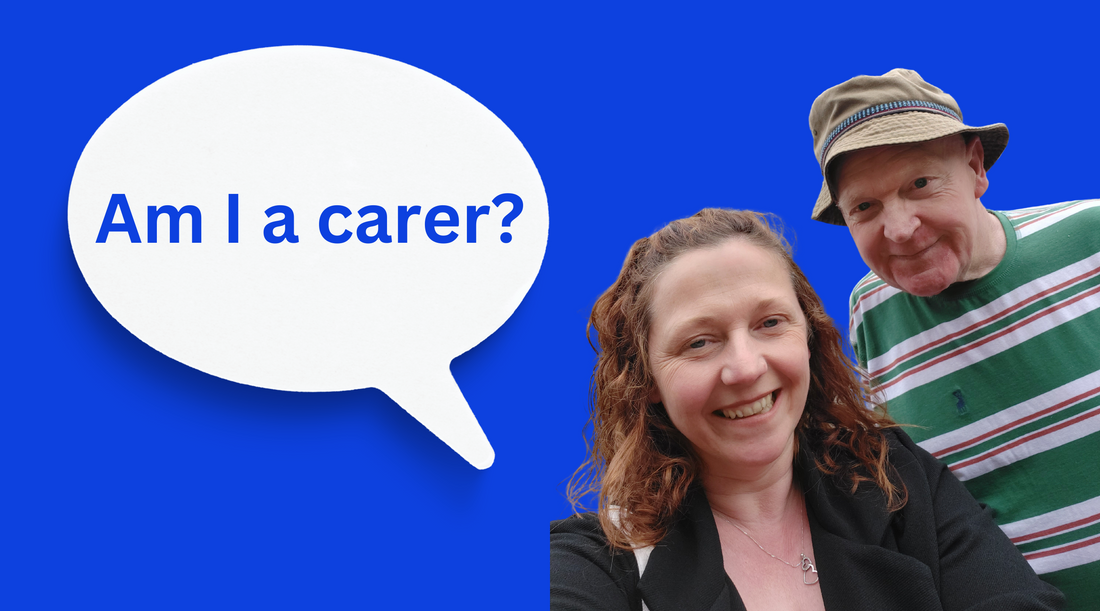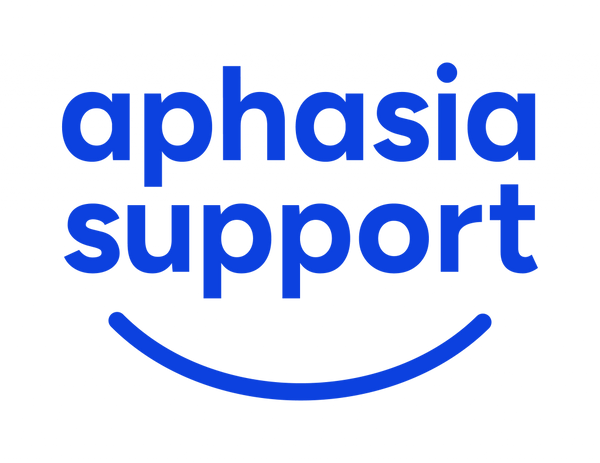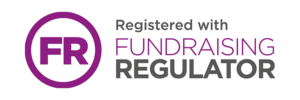Am I a Carer?

On average, it takes two years for someone to identify themselves as a carer.
It’s #carersweek and this year’s theme is all about putting carers on the map. That’s because you could be a carer and you might not even know it.
When a close relative or friend becomes unwell, caring for a loved one is a natural thing to do. Often, you don’t think twice. It’s just part and parcel of family life. That’s why many people don’t see themselves as carers. They see themselves as a partner, a parent, a sibling, a friend. We recently spoke to Angie who, like many, struggled to identify herself as a carer to Gerry who has Aphasia.
"When I started supporting Gerry, I didn’t see myself as a carer. I’m just doing what I can for a loved one and for someone I care about. Whether it’s making a phone call, stopping by for a visit, taking him shopping or to appointments, or doing projects around the house."
The label of ‘carer’ might not feel right, but it’s important to recognise as you could be missing out on support. You are classed as a carer if you regularly look after someone who is unwell or disabled.
You don’t have to be paid to be a carer. In fact, there are 5.7 million unpaid carers across the UK. It is estimated that they save the economy £162 million a year. This #carersweek aims to increase the visibility of carers among politicians, employers and throughout our communities. By raising awareness, we hope to better recognise the challenges unpaid carers face and help them access the support they deserve.
If you’re caring for a loved one, please click here to read about the support you might be entitled to, including: Carer’s Allowance, Carer’s Credit and Carer Premium. We encourage you to use the ‘entitled to’ free benefits calculator, or to complete a Carers Assessment to discover whether you can receive support from your local council.
At Aphasia Support, it’s our mission to improve the wellbeing of people with Aphasia and their carers, by providing tailored speech and language therapy and long term support. This includes our Aphasia Cafe group sessions across Yorkshire, attended by people like Angie and Gerry:
"When Gerry was diagnosed with Aphasia, we both started attending the Aphasia Cafe in Barnsley. We received such a warm welcome, and it’s been great for us to socialise and make new friends. Through the Aphasia Cafe, we’ve enjoyed meeting other people with Aphasia, and other carers. It’s something we look forward to as everyone is so supportive and understanding."

